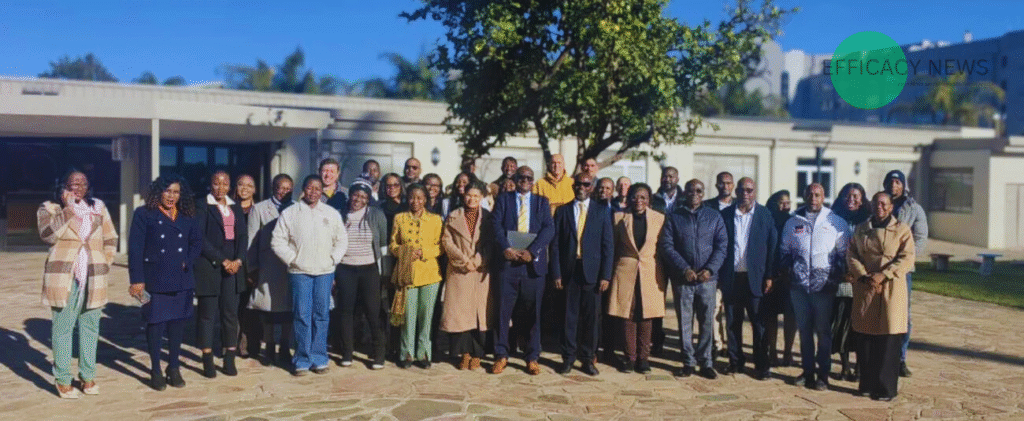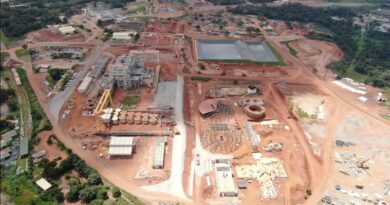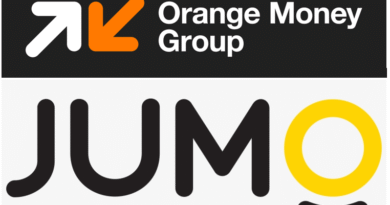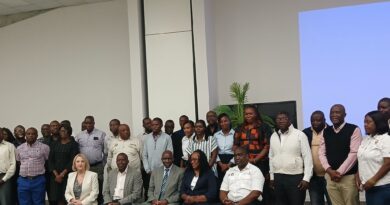Namibia Joins Africa-Wide Digital System for Real-Time Project Monitoring
Namibia has become the latest nation to adopt an advanced digital platform for managing development projects, following the official launch of the Remote Appraisal, Supervision, Monitoring and Evaluation (RASME) initiative in Windhoek on Wednesday.
The launch, jointly hosted by senior government officials and the African Development Bank (AfDB), marks Namibia’s inclusion in a continental network of 38 countries now using the system to enhance project oversight.
RASME employs real-time data collection from project sites using the open-source Kobo Toolbox platform, developed by the Harvard Humanitarian Initiative. It is designed to overcome challenges such as security risks, logistical difficulties and limited accessibility, thereby improving transparency, accountability, and efficiency in project monitoring.
The platform is already operational across Africa, with more than 1,880 people trained and over 56,252 data submissions recorded. The AfDB’s Corporate IT department leads the technical roll-out, working in partnership with the World Bank’s GEMS and Kobo Toolbox teams to ensure smooth integration in each participating country.
Speaking at the launch, Michael Humavindu, Executive Director at Namibia’s Ministry of Finance, welcomed the system. “The AfDB RASME IT solution comes at an opportune time as it uses new information and communication technologies to optimise the collection, analysis, and management of data for the preparation, evaluation, and supervision of projects funded by the Bank,” he said.
In his opening remarks, Fidelis Mnyanyi, Principal Regional Coordinator at the AfDB, emphasised the Bank’s commitment to Namibia’s inclusive growth. “RASME will enhance how we collect, verify, and use project data, enabling faster decision-making, stronger supervision, and more visible results on the ground,” he noted.
The launch followed a three-day in-person training from 6 to 8 August 2025 for Project Management Units involved in AfDB-financed initiatives. Participants included representatives from the Namibia Agricultural Mechanisation and Seed Improvement Project, the Development Bank of Namibia, the Namibia Transport Infrastructure Improvement Project, the City of Otjiwarongo Wastewater Treatment and Solid Waste Management Project, the Water Sector Support Programme, and the Tax Administration Technical Assistance Project.



